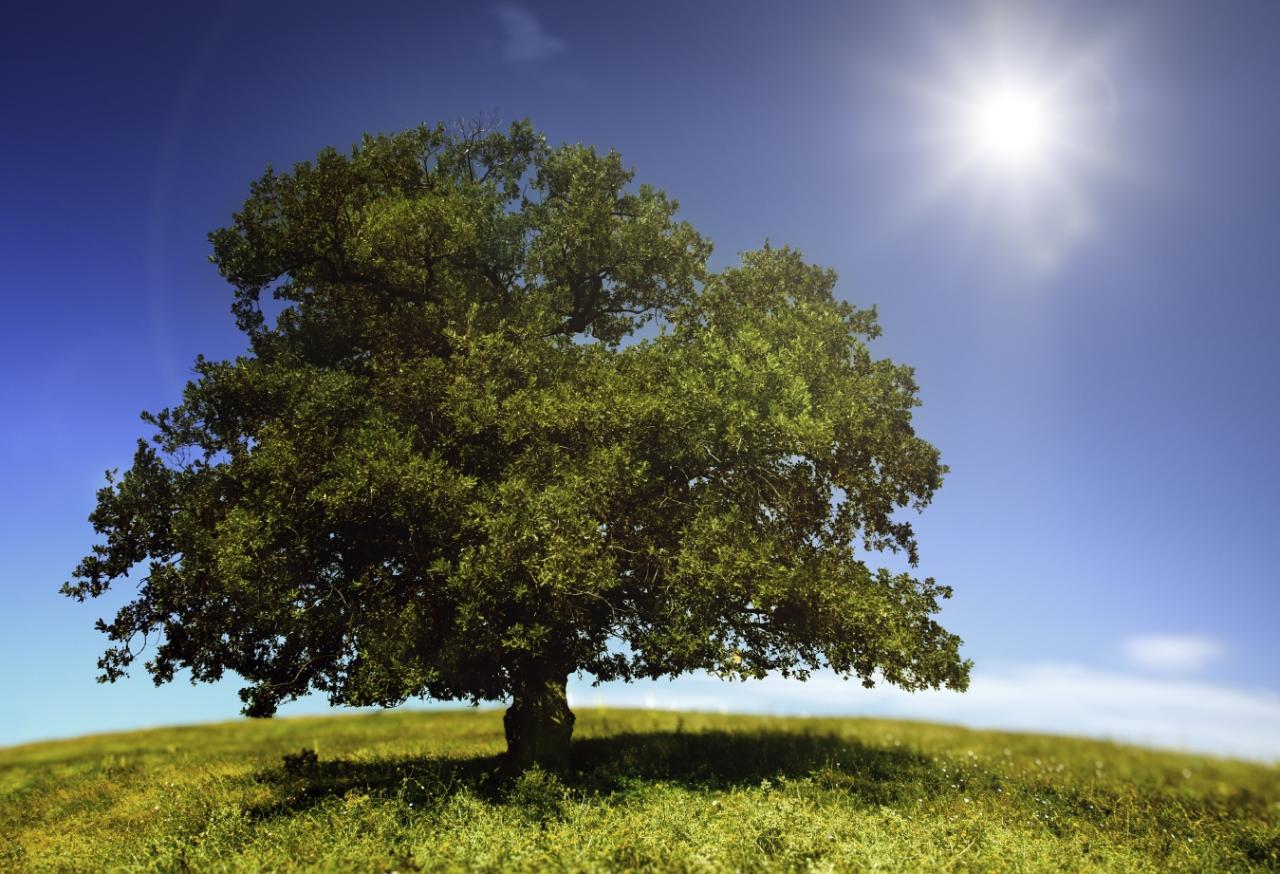Trees have a hard time when the temperature rises and water is less available. We want you to be able to catch tree heat stress early so you can keep your trees healthy. A recent study from NC State University finds that urban trees can survive increased heat and insect pests fairly well – unless they’re thirsty! These are some of the signs of heat stress in trees:
- Drooping and wilting leaves and branches
- Irregular yellowing of a tree’s leaves or needles
- Dropping of leaves
- Browning or crunchy leaves
- Summer branch drop – most common to oaks
- Early coloring of leaves – most common to maples
Preventing Heat Stress in Trees
Many preventative tree care tasks can be done by you at home, well before you call a tree service or landscaping company. This can save you a lot of problems and costs in the long run. Here are some recommendations to help your trees recover from heat stress:
- Don’t forget to water your trees! Water weekly for newly planted trees and during drought conditions. If possible, water out to the drip line, which extends as far out as the edge of the tree’s canopy.
- Mulch, mulch, mulch! This enables the soil to maintain a cooler temperature in the summer months and retain moisture. Use shredded wood mulch on trees and shrubs to a depth of 2 to 4 inches. Keep the mulch at least 6 inches away from the tree’s trunk – mulch piled against the base of the tree can cause decay.
- Don’t fertilize trees with high nitrogen fertilizers during hot and dry periods. Excess salt concentration can burn the feeder roots and overstimulate growth on an already stressed tree. Our custom fertilizer blend, Arborplex, has a balanced amount of nitrogen and can be applied at any time of the year.
- After the extreme heat has passed, observe your tree closely. Are the leaves perking up? If not, you may need to consult a Certified Arborist for advice on tree care.
It’s not always easy to tell whether your tree is suffering from heat stress or if it’s a deeper rooted problem. If you’re unsure about a change you’re noticing in your trees, contact us at Heartwood Tree Service. We’d be happy to help!

